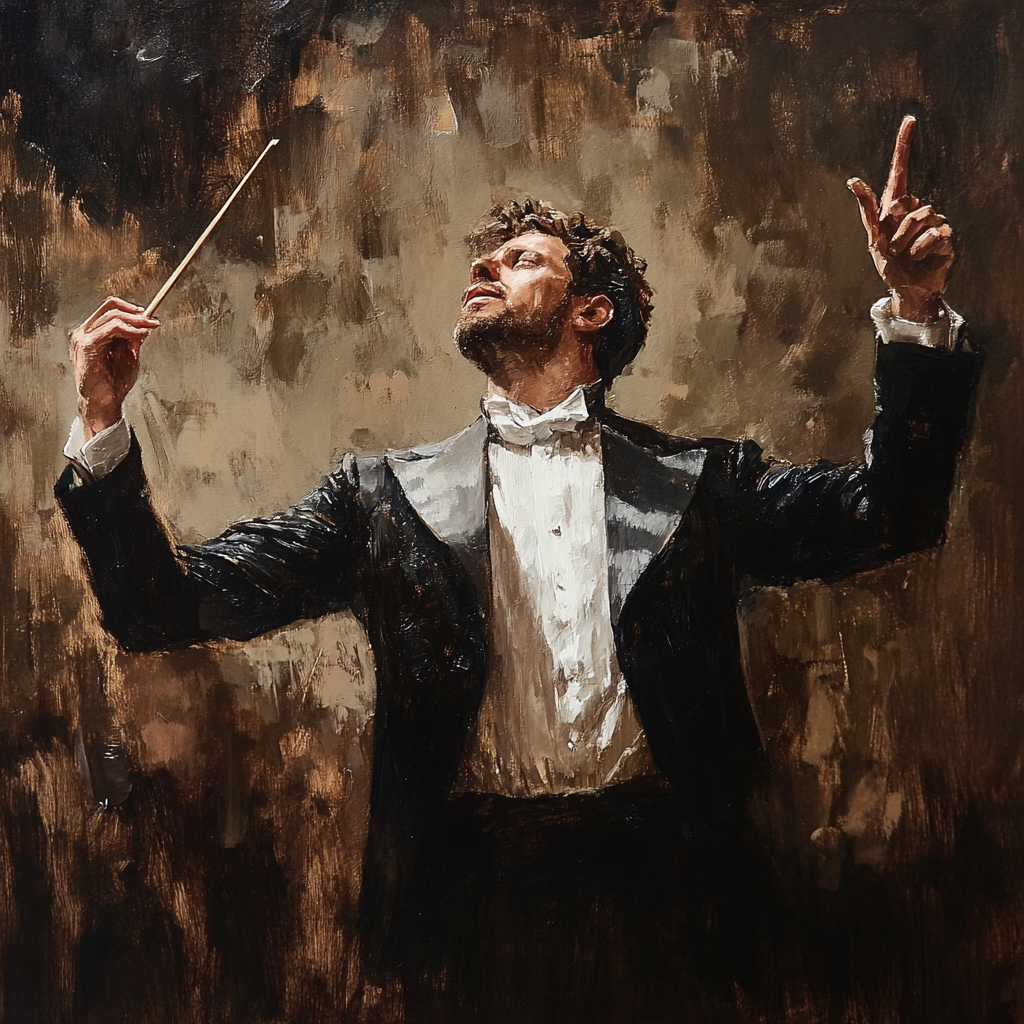Table of Contents
10 Best Conductors of the 1800s
Introduction
The 19th century, marked by the Romantic era, witnessed the rise of some of the greatest conductors in classical music. These conductors were pivotal in interpreting and shaping the music of the time, leading renowned orchestras and helping to elevate both classical compositions and live performances.
With innovations in conducting techniques and orchestral management, they played a key role in presenting the works of legendary composers to audiences across Europe and beyond. In this article, we discuss the lives and legacies of ten of the best conductors of the 1800s.

10 Best Conductors of the 1800s
1. Hans von Bülow (1830–1894)
Hans von Bülow was a German conductor and pianist, widely considered one of the greatest conductors of the 19th century. He is known for his close associations with composers such as Wagner and Liszt, and his performances helped to popularize Wagner’s operas. Bülow also became the first conductor to perform all nine of Beethoven’s symphonies in a single concert series, solidifying his reputation as an influential figure in the classical world.
2. Felix Mendelssohn (1809–1847)
Though primarily known as a composer, Felix Mendelssohn was also a notable conductor. He was appointed as the conductor of the Leipzig Gewandhaus Orchestra, where he elevated the ensemble to new artistic heights. Mendelssohn is credited with reviving interest in the music of Johann Sebastian Bach, conducting the famous 1829 performance of St. Matthew Passion which introduced Bach’s genius to a new generation.
3. Hector Berlioz (1803–1869)
Hector Berlioz, a French composer, was also an important conductor of his time. Known for his large-scale symphonic works, Berlioz was instrumental in developing modern conducting techniques. His works, such as Symphonie fantastique, required him to become an adept conductor in order to communicate his complex, innovative ideas. Berlioz traveled extensively, conducting throughout Europe, and was known for his clear, precise conducting style.
4. Richard Wagner (1813–1883)
Richard Wagner was not only a revolutionary composer but also an accomplished conductor. His operas, such as The Ring Cycle and Tristan und Isolde, demanded significant orchestral control, and Wagner was heavily involved in conducting his own works. His conducting style was noted for its expressiveness, and he helped reshape the role of the conductor from a timekeeper to an interpreter of the music.
5. Arturo Toscanini (1867–1957)
Arturo Toscanini, while more famous for his work in the early 20th century, began his conducting career in the late 1800s. Known for his fierce dedication to the accuracy of the composer’s intent, Toscanini conducted with a precision and passion that brought new levels of excellence to the orchestras he led. He conducted at many of the world’s leading opera houses, including La Scala in Milan, where he helped raise the standard of performance.
6. Franz Liszt (1811–1886)
Franz Liszt, one of the most celebrated pianists of the 19th century, also made important contributions as a conductor. As the conductor of the Weimar Orchestra, Liszt promoted the works of contemporaries such as Wagner and Berlioz, while also premiering his own compositions. His influence extended beyond conducting, as he fostered a new school of performance and interpretation that was widely respected.
7. Eduard Hanslick (1825–1904)
A key figure in Vienna’s classical music scene, Eduard Hanslick was more known as a music critic, but his insights as a conductor also had a lasting impact. Hanslick was a leading advocate for the works of Johannes Brahms and was involved in presenting Brahms’ compositions in performance. His keen ear for musical form and structure made him a respected figure in music circles.
8. Gustav Mahler (1860–1911)
Although Gustav Mahler is primarily remembered as one of the greatest composers of late-Romantic symphonies, he was also a distinguished conductor. Mahler worked with some of the most prestigious orchestras in Europe, including the Vienna Court Opera and the New York Philharmonic. His meticulous approach to conducting and interpretation of large orchestral works made him a revered figure in the classical music world.
9. Carl Maria von Weber (1786–1826)
Carl Maria von Weber was one of the earliest conductors to establish the conductor’s role as an interpreter rather than merely a coordinator. Known for his operatic works, particularly Der Freischütz, Weber brought a new sense of drama and flair to orchestral conducting. He emphasized the importance of rehearsal and precision, setting the standard for future conductors.
10. Louis Spohr (1784–1859)
Louis Spohr was a highly respected composer and conductor in the early 19th century. He is credited with innovations such as introducing the use of a baton during conducting. Spohr conducted several prestigious ensembles throughout Europe, and his contributions helped standardize many of the conducting techniques that are still in use today. His leadership and organizational skills helped raise the quality of orchestral performance in the 1800s.
Conclusion
The 19th century saw the emergence of some of the most influential conductors in classical music history. These maestros not only led orchestras but also shaped the development of conducting techniques and musical interpretation, leaving a lasting legacy that continues to influence the world of music today.
Additional Reading
More blog posts can be found here. Consider following Breve Music Lessons on Facebook.
